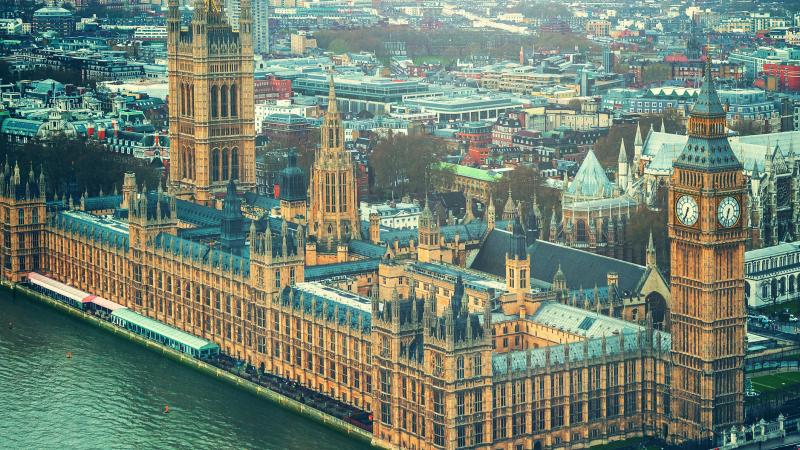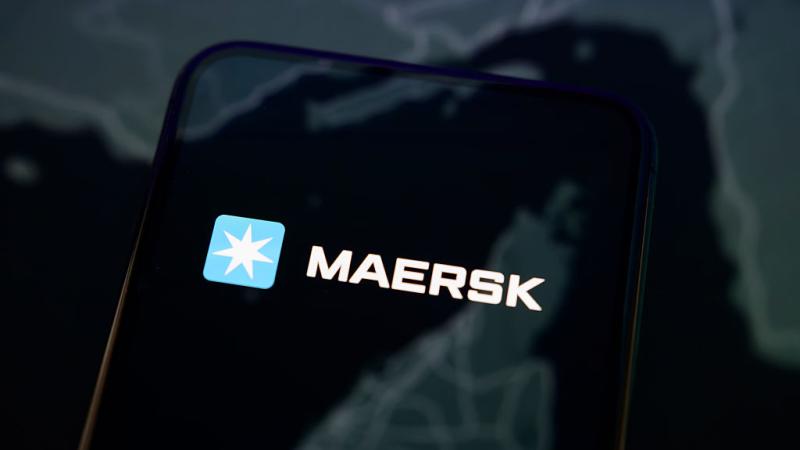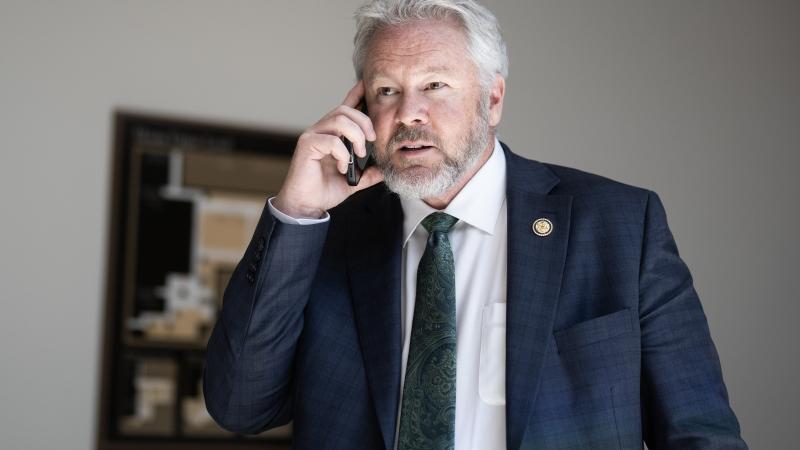Supreme Court considers whether public officials can block online critics
The two cases come from split decisions in different lower courts.
The Supreme Court on Tuesday heard oral arguments in free speech cases dealing with whether public officials can legally block others on social media, a tactic frequently used to stop online critics.
The two cases come from split decisions in different lower courts. The First Amendment applies to government actors, and the cases show the legal uncertainty over how the Constitution applies to speech restrictions with new technology.
The first case, O'Connor-Ratcliff v. Garnier, involves two public school board officials from California who appealed a lower court's decision in favor of parents who sued them for being blocked from their personal social media accounts, according to Reuters. The high court is considering in that case whether a public official who uses their personal social media account to discuss job-related matters, even not as part of their official job, may have violated someone's First Amendment rights by blocking them online.
The second case, Lindke v. Freed, involves a Michigan man who is appealing a lower court's decision to reject his lawsuit challenging a city official who blocked him on Facebook. In this case, the Supreme Court will decide whether an official's social media activity constitutes government action only if the official used the platform for a governmental duty.














